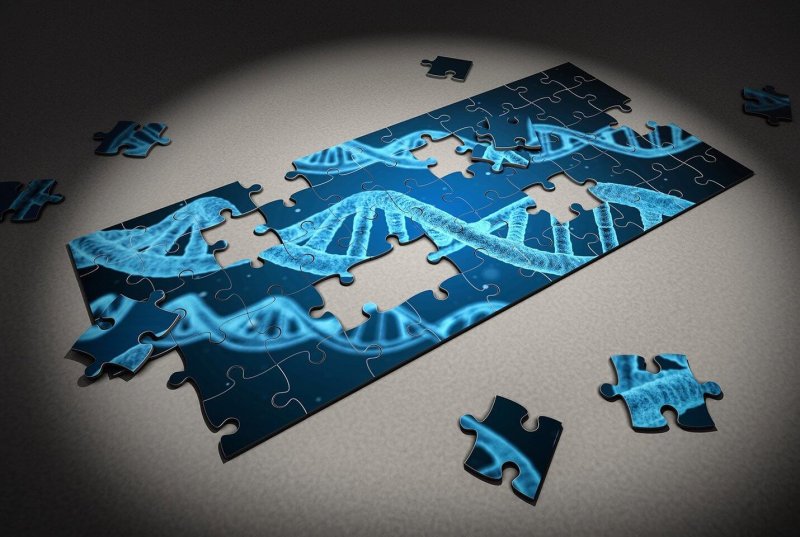A new biotech company co-founded by CRISPR pioneer Jennifer Doudna is developing a device that uses CRISPR to detect all kinds of diseases like malaria, tuberculosis, and Zika. The tech is still just in prototype phase, but research in the field is showing promising results. These CRISPR-based diagnostic tools have the potential to revolutionize how we test for diseases in the hospital, or even at home. Called Mammoth Biosciences, the company is working on a credit card-sized paper test and smartphone app combo.
…
The tech would work similarly to a pregnancy test — except that instead of using urine to tell you whether you’re pregnant, it can use urine, blood, or saliva to tell whether you have a sexually transmitted infection or a particular strain of the flu. (The test could detect multiple diseases at once, [CEO Trevor] Martin says.) The fluorescent signal or color change on the paper test would be analyzed by a smartphone app. You take a photo of the results, and the app tells you what you tested positive for. At least, that’s the idea.
The company has some “working prototypes,” Martin says. “We’re moving to commercialize it quickly and have it available in the next few years.” Martin won’t say how much the at-home tests will cost, but the technology will be “accessible and affordable,” he says.
Read full, original post: This company is making an at-home CRISPR kit to find out what’s making you sick































